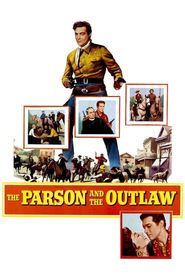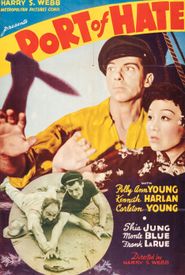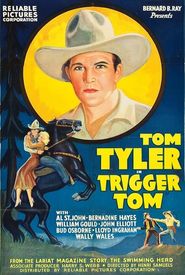Harry S. Webb was a pioneering figure in the early days of Hollywood, primarily working on the fringes of the industry, often referred to as Poverty Row. Born in 1896, although some sources claim 1892, Webb began his career as an actor, working at the renowned Universal Pictures, which was then the largest studio in the world, under the guidance of "Uncle" Carl Laemmle.
After gaining experience in front of the camera, Webb transitioned into production, a move that was not uncommon among Laemmle's employees. In 1926, he collaborated with legendary serial producer Nat Levine to create the serial The Silent Flyer (1926),which was ultimately distributed by Universal.
As half of Webb-Douglas Productions, Webb directed the first three serials for Mascot Pictures before moving on to produce serials and low-budget westerns. In 1933, he co-founded Reliable Pictures with Bernard B. Ray, who also worked under the pseudonym "Raymond Samuels". The company operated until 1937, after which Metropolitan Pictures emerged from its ashes. Ray later joined Producers Releasing Corp. (PRC),while Webb signed on with Monogram Pictures.
Webb's film career gradually came to an end by 1941, and he spent the war years working at a defense plant. He made a brief comeback in 1957, serving as an assistant director on Columbia's The Parson and the Outlaw.
In his personal life, Webb was married to Rose Gordon and was the father of producer Gordon A. Webb and director Robert Webb. His grandsons, Mark Webb and Gordon Webb, also pursued careers in the film industry.







































